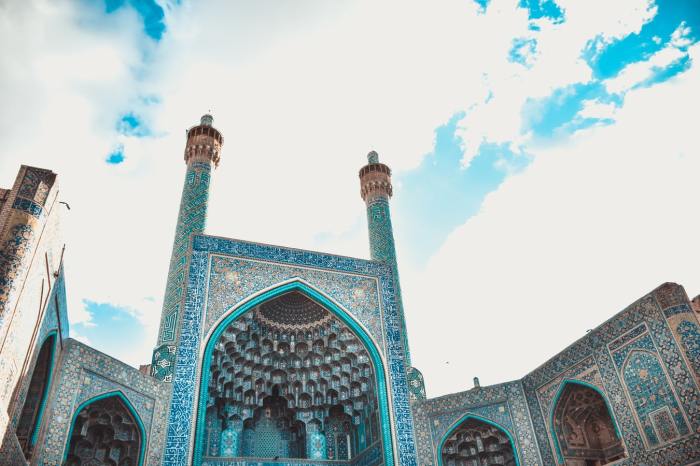Her name was Deborah Emmanuel – a second-year Christian student of Home Economics at the Shehu Shagari College of Education in Sokoto state, Nigeria. She should have been safe from harassment and violence at an academic institution. But she wasn’t.
On 12 May Ms Emmanuel was brutally beaten and stoned to death by a predominantly male mob who proceeded to immolate her in a pile of tyres whilst chanting “Allahu Akbar”. She was buried just two days later.

Ms Emmanuel was killed after she was falsely accused of blaspheming the Prophet Mohammed in a WhatsApp group chat in which she reportedly expressed exasperation at members posting religious articles and asked them to focus on issues relevant to course work, as it was a departmental group.
Continue reading “Her name was Deborah Emmanuel – blasphemy accusations claim another life in Nigeria”


